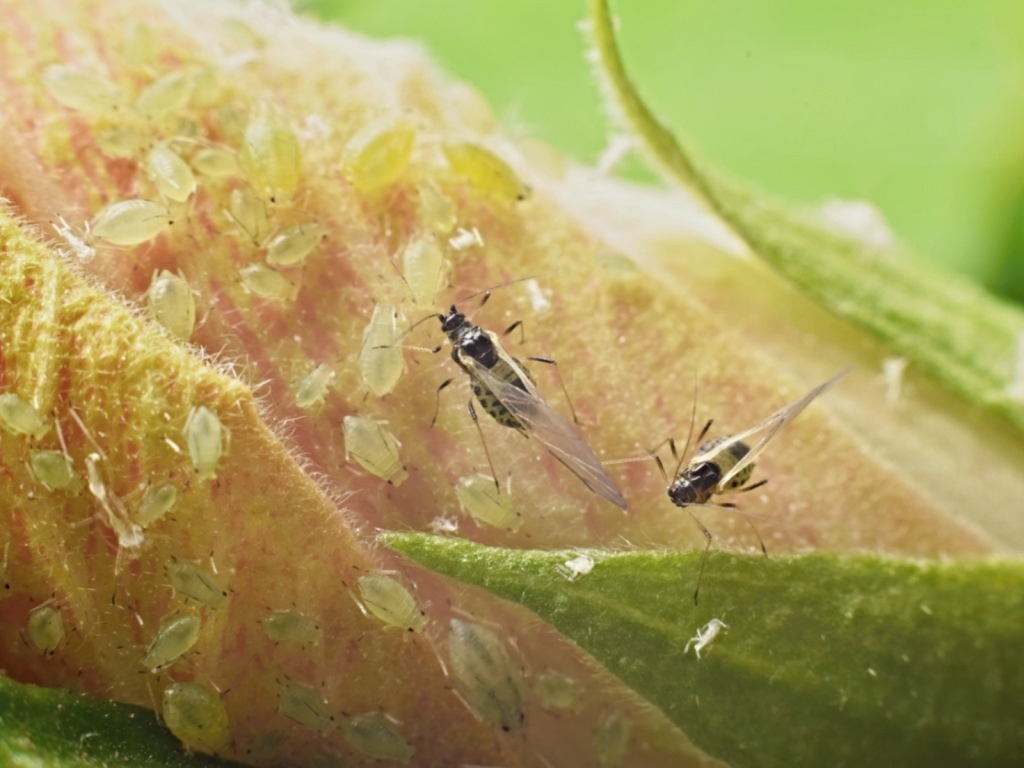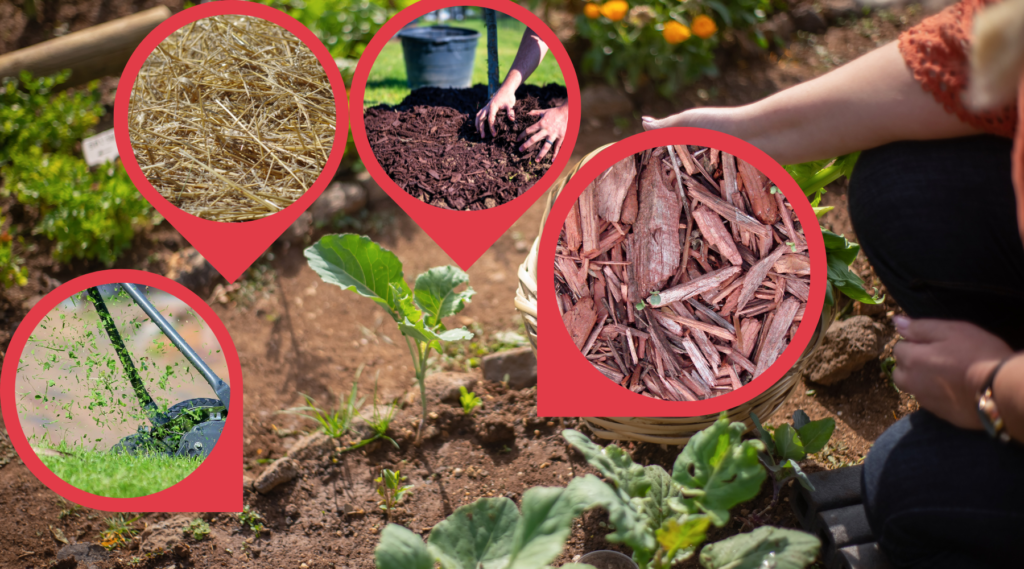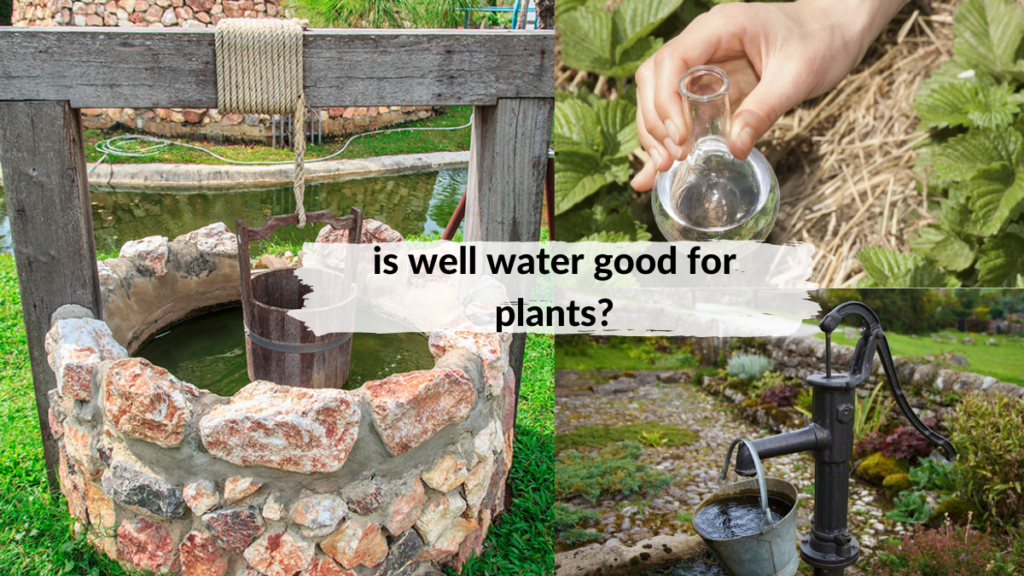If you can identify the pest on your hibiscus plant, it will be easier to protect this flower from unwanted guests. These pests can cause significant damage to your plants, so you need to remove them immediately.
bugs and insects that usually infest hibiscus flowers
Some of the most common insects that infest hibiscus or Hibiscus Rosa Sinensis are ants, mosquitoes, and coast flies. If left unattended, these unwanted guests can spread diseases and plant viruses throughout the plant. Hibiscus flowers are also prone to the following:
mealy bugs
Mealybugs are tiny, soft insects that feed on plant sap. They can multiply quickly and destroy hibiscus flowers within a short time. Mealybugs have a cotton-like waxy substance that protects their body.
Since they spread quickly, you should isolate the infested plants as soon as you notice that there is something wrong with your hibiscus. Mealybugs are susceptible to different predatory insects and beneficial insects like lady beetles and wasps. Heavy rain can help control their population as well.
thrips
Thrips will puncture the plant’s outer layer to suck the plant juices. The infested plants will become discolored and eventually wither. Like mealybugs, thrips are vulnerable to heavy rain and beneficial insects. You need to get rid of them immediately, so they cannot suck juices and cause the plant to die.
white flies
Whiteflies are tiny bugs that you will usually find feeding on the leaf’s backside. These bugs feed on plant sap and excrete a sticky liquid known as honeydew.
This liquid causes fungal diseases that weaken the plants, cause stunted growth, and reduce photosynthesis, causing the foliage to turn yellow. Eventually, the plant will die. You can protect hibiscus plants from these insects and other pests by keeping the plant healthy.
aphids
Aphids, also known as plant lice, are small green, white, or black soft-bodied insects with pear-shaped bodies that infest the plant’s flowers and buds. You will usually find them on the flowers and atop the stems.
Aphids reproduce rapidly, causing the plants to weaken and eventually die. These insect pests should be removed immediately. Predators like ladybugs and crisps feed on aphids, but they do not eliminate these hibiscus pests.
Removing aphids is particularly challenging on a hibiscus plant. They can be deep greenish-black or pale-yellow green, depending on the species. For instance, the melon aphid (aka black aphid) feeds on hibiscus flower buds and succulent new growth. A large aphid population can leaf distortion, black sooty mold, and leaf curling. Hibiscus leaves may also turn yellow or brown and eventually fall.
tips to remove aphids on hibiscus
You will find clusters of aphids on the underside of tropical hibiscus buds and the plant’s leaves. They have needle-like mouthparts that help them suck the plant sap. Although they are extremely tiny, you can easily spot them.
If you cannot find them, you might see ants because these insects like to eat the sweet substance produced by aphids called honeydew. Poor air circulation can also cause pest problems and plant diseases. If you saw aphids on the hibiscus plant, use these tips to control them.
beneficial insects
The best way to control aphids on hibiscus and indoor plants are to prevent them from invading in the first place. And you can do that by attracting natural predators or enemies like beneficial insects to your garden.
For instance, beneficial insects like green lacewings, lady beetles, or ladybugs are known for eating pests. Thus, they are a great addition to your garden. Other beneficial insects include parasitic wasps, aphid lions or green lacewings, adult, and larvae aphid midge, and syrphid fly larvae.
wash them away
You can also wash away the aphids on the hibiscus using your garden hose. Wash the infested hibiscus plant every other day to remove and drown the aphids. Those that survived will not be able to climb back. Once everything is under control, you can wash the plants once every few weeks to prevent infestation.
insecticidal soaps and natural oils
Use an insecticidal soap solution, horticultural oil, or neem oil to kill aphids and spider mites. Stems and leaves infested with spider mites can be surrounded with fine webbing. Adding neem oil or essential oils like lavender, rosemary, hot pepper, or garlic can also help kill these pests.
The best part is that they are inexpensive and natural, so they will not harm natural predators. If you are using neem oil or a natural pesticide for killing aphids, do not forget to spray the entire plant. You should also spray the undersides of the foliage and any crannies or crooks to remove these pests. Do this in the early morning to remove all the aphids.
pyrethrum sprays
Pyrethrum sprays will kill aphids, but this botanical poison can also harm beneficial insects. That is why you should use this pest control method carefully and only when needed on your hibiscus plants.
To use, combine rubbing alcohol (one pint) and concentrated pyrethrum (one tablespoonful) then transfer the mixture into a spray bottle. Spray the congregated aphids on the hibiscus plants with the mixture to kill them.
diatomaceous earth
Apply Diatomaceous Earth on the stems and leaves of infested hibiscus plants for pest control. Since Diatomaceous Earth can harm all kinds of insects, you should apply it carefully and only as required on your hibiscus plants.
imidacloprid
You should only use imidacloprid as your last resort. This systemic pesticide works as a soil drench and is absorbed by the plant tissues through the roots.
Imidacloprid poisons aphids as they feed on the plant sap. However, it also kills bees visiting the flowers. Thus, you should never use systemic insecticides on any plant in bloom. Use it only when your garden is suffering from a very severe aphid infestation and lacks natural pollinators and predators.
avoid sticky traps
Using sticky traps to eliminate aphids is not a clever idea. Although they are designed for aphids, the harmful sticky substance and bright yellow color can also cause significant damage to beneficial insects.
tips for preventing aphids from returning
Apart from creating an environment that attracts beneficial insects, you can prevent hibiscus aphids from reproducing by keeping the garden clean. Always clean the hedges and flowers thoroughly after the growing season. You should remove leaf litter and stray twigs and then burn plant debris to kill eggs that may hatch during spring. These tips can also help remove aphids on roses and other plants.
can you use vinegar to kill aphids and other bugs on hibiscus?
Vinegar is harmful to aphids and other insects. However, you should not use it directly on your hibiscus plants and flower buds. Add vinegar (one tablespoon) and liquid dish soap (three-four drops) to water (one gallon) then transfer into a spray bottle. Spray the bottoms and tops of the foliage lightly with the mixture.
additional tips when taking care of your hibiscus plants
Protecting your hibiscus plants from a few aphids, insect infestations, and other environmental factors may not be easy, but it is not completely impossible. Take good care of your hibiscus and look for any changes in the plant’s appearance and signs of pests using a magnifying glass.
You can also attract beneficial insects like dragonflies and beetles or spray the infested plants with a mixture of equal parts water and rubbing alcohol to get rid of these unwanted guests. Read more articles on how to remove aphids and heavy infestations in your garden.









